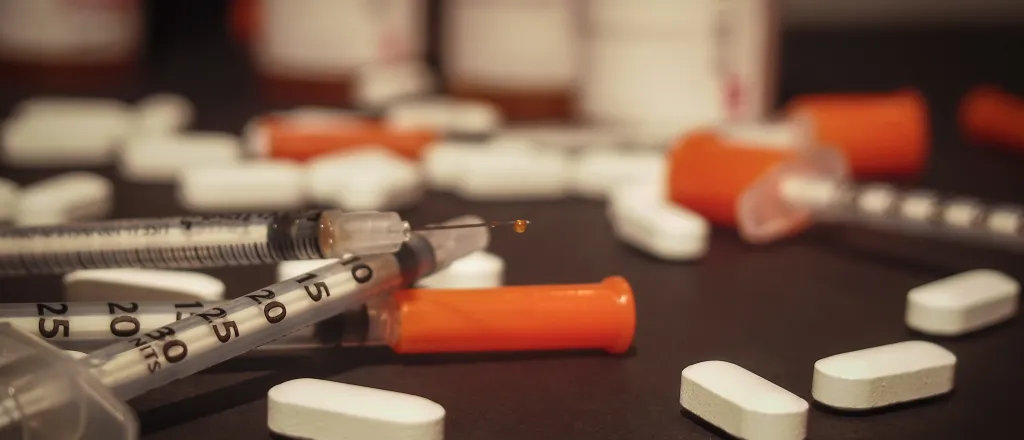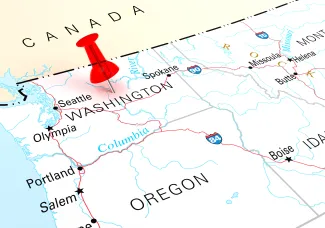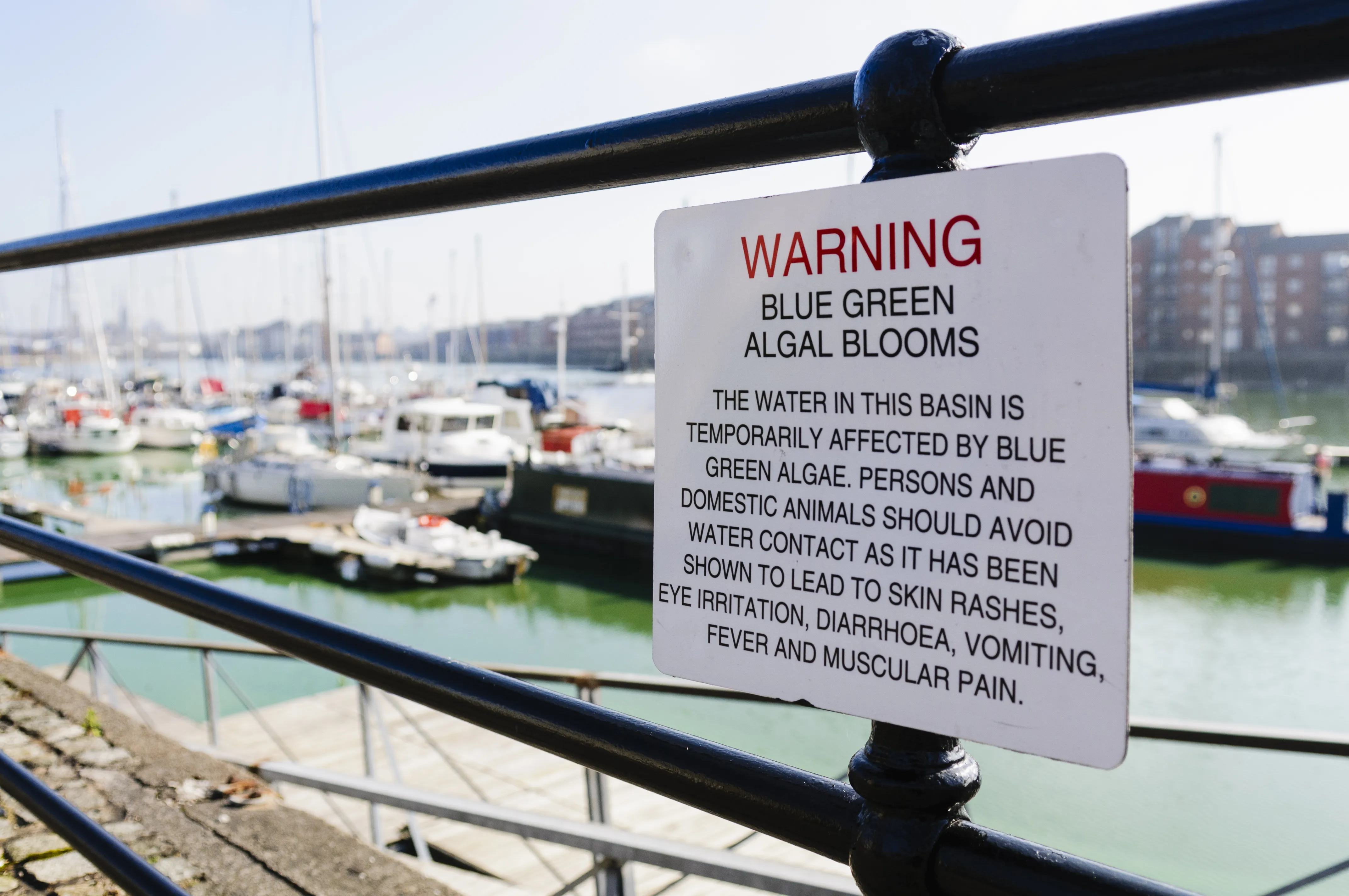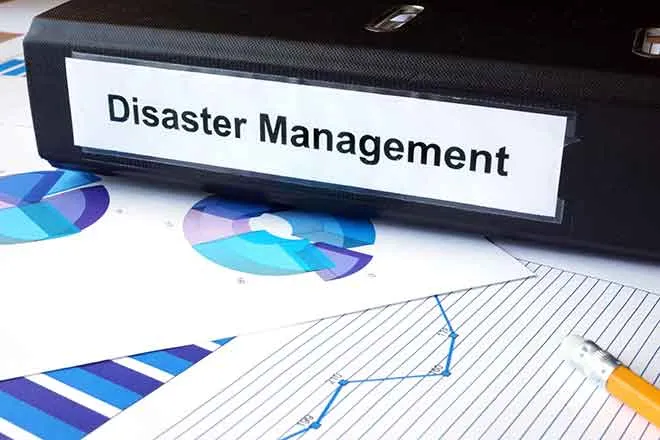
Washington Native Americans feel disproportionate effects of fentanyl
Click play to listen to this article.
Native Americans in Washington state face opioid and fentanyl overdose rates four times the national average and leaders are calling for more investment in treatment centers and transitional housing to address the problem.
While nationally fentanyl overdoses have declined, Native American fatalities have surged since the pandemic.

Representative Debra Lekanoff, D-Bellingham, is part of the State Tribal Opioid-Fentanyl Taskforce. She serves Whatcom County, where overdose-related fatalities are the highest in the state.
"I can't tell you the number of times that the Native American communities of Lummi Nation and of the Nooksack Tribe have stood next to their graves being in such sadness from the loss of their grandmothers, their mothers, their children," Lekanoff recounted.
During the taskforce's third annual summit, organized by the American Indian Health Commission, tribal leaders and state agencies met for three days and heard from community members in recovery from opioid use disorder.
Last year, Lekanoff noted, the task force partnered with tribal governments and invested in substance abuse treatment facilities based on a successful model created by the Swinomish.
"The model that Swinomish created 12 years ago has now been incorporated into over 20 tribally owned substance abuse disorder facilities that are healing all Washingtonians," Lekanoff explained.
Lekanoff added in the next couple of years the task force will focus on transitional housing for those recovering from substance abuse. She stressed it is a nonpartisan issue and it will take everyone working together to make change.
"It is going to take us recognizing that we're one people, we're one family, we're one community in Washington state," Lekanoff emphasized.

















